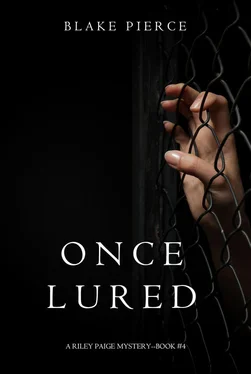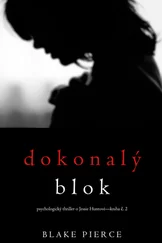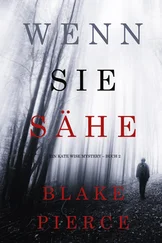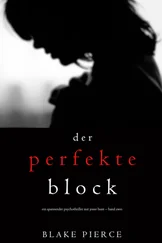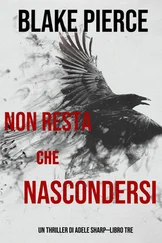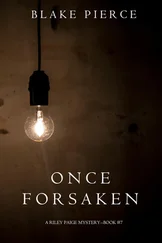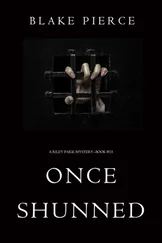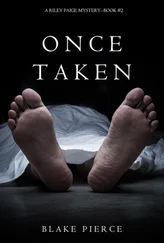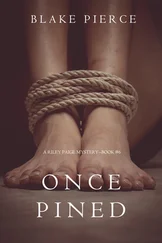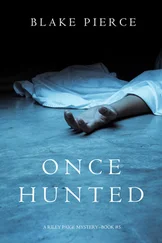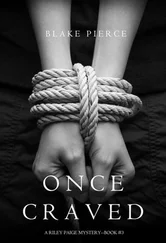Then an uproar of noise filled the air as all the clocks began to strike the midnight hour. Scratch knew what he was supposed to do now.
As the racket continued, he hurried back to the weakest and skinniest girl, the one who seemed barely alive. She looked up at him with a strange expression. She was the only one who had been here long enough to know what he was about to do next. She looked almost as if she were ready for it, maybe even welcomed it.
Scratch had no choice.
He crouched beside her and snapped her neck.
As life ebbed out of her body, he stared up at an ornate antique clock just on the other side of the fence. A hand-carved Death was marching back and forth across the front of it, clad in a black robe, his grinning skull face peering out from beneath his cowl. He was cutting down knights and kings and queens and paupers alike. It was Scratch’s favorite of all the clocks.
The surrounding noise slowly died away. Soon there was no sound at all except the chorus of ticking clocks and the whimpering of the women who still survived.
Scratch slung the dead girl over his shoulder. She was so feather-light that it took no effort at all. He opened the cage, stepped outside, and locked it behind him.
The time, he knew, had come.
A pretty good act, Riley thought.
Larry Mullins’s voice was shaking a little. As he finished up his prepared statement to the parole board and the families of his victims, he sounded like he was on the verge of tears.
“I’ve had fifteen years to look back,” Mullins said. “Not a day goes by when I’m not filled with regret. I can’t go back and change what happened. I can’t bring Nathan Betts and Ian Harter back to life. But I still have years to make a meaningful contribution to society. Please give me a chance to do that.”
Mullins sat down. His lawyer handed him a handkerchief, and he wiped his eyes – although Riley didn’t see any actual tears.
The hearing officer and case manager conferred with each other in whispers. So did the members of the parole board.
Riley knew it would soon be her turn to testify. Meanwhile, she studied Mullins’s face.
She remembered him well and thought that he hadn’t changed much. Even back then, he had been well-scrubbed and well-spoken with an earnest air of innocence about him. If he was more hardened now, he hid it behind his expressions of abject sorrow. Back then he had been working as a nanny – or a “manny,” as his lawyer preferred to say.
What struck Riley most was how little he’d aged. He’d been twenty-five when he’d gone to prison. He still had the same amiable, boyish expression that he’d had back then.
The same wasn’t true of the victims’ parents. The two couples looked prematurely old and broken in spirit. Riley’s heart ached for all their years of grief and sorrow.
She wished she’d been able to do right by them from the beginning. So had her first FBI partner, Jake Crivaro. It had been one of Riley’s first cases as an agent, and Jake had been a fine mentor.
Larry Mullins had been arrested on a charge of the death of one child on a playground. During their investigation, Riley and Jake found that another child had died under almost identical circumstances while in Mullins’s care in a different city. Both children had been suffocated.
When Riley had apprehended Mullins, read him his rights, and cuffed him, his smirking, gloating expression had all but admitted his guilt to her.
“Good luck,” he had said to her sarcastically.
Indeed, luck turned against Riley and Jake as soon as Mullins was in custody. He had firmly denied committing the murders. And despite Riley’s and Jake’s best efforts, the evidence against him remained dangerously thin. It had been impossible to determine just how the boys had been suffocated, and no murder weapon had been found. Mullins himself only admitted to letting them out of his sight. He’d denied murdering either of them.
Riley remembered what the chief prosecutor had said to her and Jake.
“We’ve got to be careful, or the bastard will walk. If we try to prosecute him on all possible charges, we’ll lose the whole thing. We can’t prove that Mullins was the only person who had access to the children when they were killed.”
Then came the plea-bargaining. Riley hated plea bargains. Her hatred for them had started with that case. Mullins’s lawyer offered the deal. Mullins would plead guilty to both murders, but not as premeditated killings, and his sentences would run simultaneously.
It was a lousy deal. It didn’t even make sense. If Mullins had really killed the children, how could he have also been merely negligent? The two conclusions were completely contradictory. But the prosecutor saw no choice but to accept the deal. Mullins finally faced thirty years in prison with the possibility of parole or early release for good behavior.
The families had been crushed and horrified. They’d blamed Riley and Jake for not doing their job. Jake had retired as soon as the case was over, a bitter and angry man.
Riley had promised the boys’ families she would do everything she could to keep Mullins behind bars. A few days ago, Nathan Betts’s parents had called Riley to tell her about the parole hearing. The time had come for her to keep her promise.
The general whispering came to an end. Hearing Officer Julie Simmons looked at Riley.
“I understand that FBI Special Agent Riley Paige would like to make a statement,” Simmons said.
Riley gulped hard. The moment she had spent fifteen years preparing for had arrived. She knew the parole board was familiar with all of the evidence already, as incomplete as it was. There was no point in going over it again. She had to make a more personal appeal.
She stood up and spoke.
“As I understand it, Larry Mullins is up for parole because he is an ‘exemplary prisoner.’” With a note of irony, she added, “Mr. Mullins, I congratulate you on your achievement.”
Mullin nodded, his face showing no expression. Riley continued.
“‘Exemplary behavior’ – what does that mean, exactly? It seems to me that it has less to do with what he has done than with what he hasn’t done. He hasn’t broken prison rules. He’s behaved himself. That’s all.”
Riley struggled to keep her voice steady.
“Frankly, I’m not surprised. There aren’t any children in prison for him to kill.”
There were gasps and murmurs in the room. Mullins’s smile turned into a steady glare.
“Pardon me,” Riley said. “I realize that Mullins never pleaded to premeditated murder, and the prosecution never pursued that verdict. But he pleaded guilty nonetheless. He killed two children. There is no way he could have done so with good intentions.”
She paused a moment, choosing her next words carefully. She wanted to goad Mullins into showing his anger, showing his true colors. But of course the man knew that if he did, he’d ruin his record of good behavior and would never get out. Her best strategy was to make the board members face the reality of what he had done.
“I saw Ian Harter’s lifeless four-year-old body the day after he was killed. He looked like he was asleep with his eyes open. Death had taken all expression away, and his face was slack and peaceful. Even so, I could still see the terror in his lifeless eyes. His last moments on this earth were filled with terror. It was the same for little Nathan Betts.”
Riley heard both mothers begin to cry. She hated bringing back those awful memories, but she simply had no choice.
“We mustn’t forget their terror,” Riley said. “And we mustn’t forget that Mullins showed little emotion during his trial, and certainly no sign of remorse. His remorse came much, much later – if it was ever real at all.”
Читать дальше
